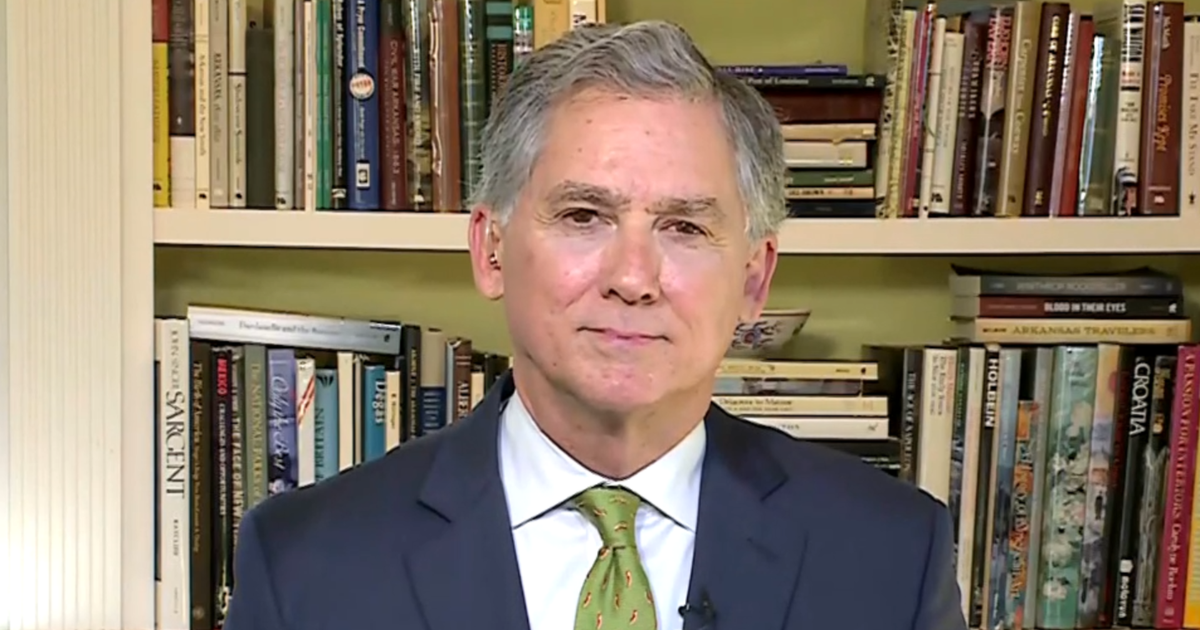SEOUL (Reuters) – South Korea’s headline inflation slowed further in October to the weakest level in almost four years, data showed on Tuesday. This strengthens the case for more interest rate cuts and fuels concerns about the Bank of Korea undershooting the 2% target.
The consumer price index rose 1.3% in October from a year earlier after rising 1.6% in September, Statistics Korea data showed, marking the slowest annual increase since January 2021.
That was weaker than the average increase of 1.4% shown in a Reuters poll of economists.
Falling global oil and fresh food prices have stabilized local inflation pressures, although last year’s fading low base effects could temporarily boost headline inflation in the future, the Bank of Korea said.
“In terms of the future price path, core prices are expected to continue a stable trend around 2%, and consumer prices are also expected to approach 2% by the end of the year,” the BOK said in a statement after the data was released released. .
The BOK voted 6-1 on October 11 to cut the policy rate to 3.25% as uncertainties over the future output path increased, while headline inflation remained below the bank’s 2% target in September.
A separate poll taken in early October showed that analysts expect the country’s base interest rate to remain at 3.25% at the end of this year.
The inflation index remained unchanged on a monthly basis from September, also weaker than the 0.2% profit expectation in the poll.
The so-called core price index, which excludes volatile food and energy prices, rose 1.8% from a year earlier, the weakest since September 2021.
Prices of apples and green onions fell by 20% and 13.9% respectively from a year earlier. Oil prices fell by 10.6% this year.
(Reporting by Cynthia Kim; Editing by Chris Reese, Ed Davies)







